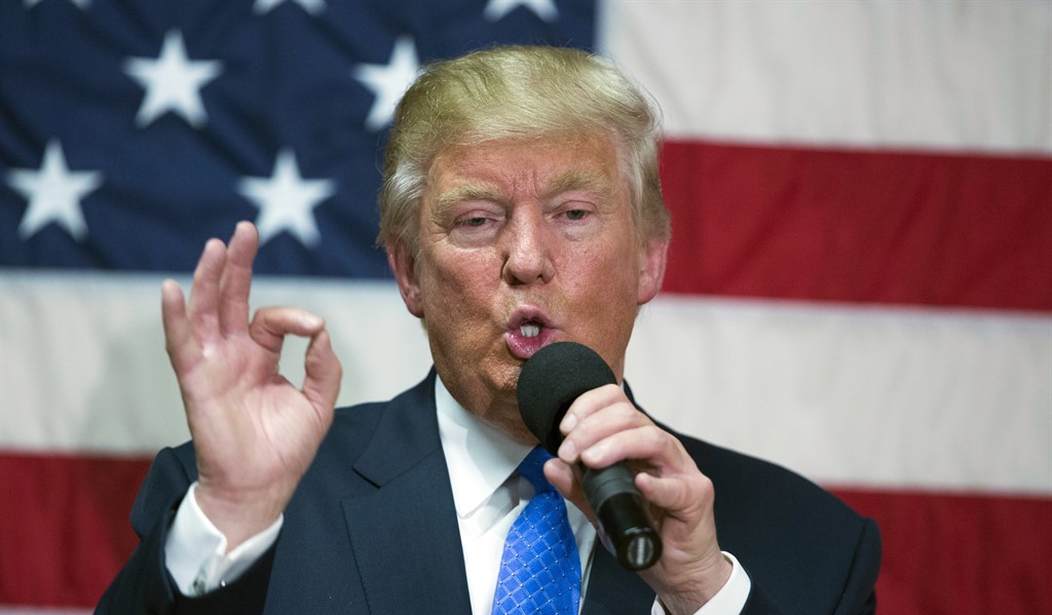Last year, for the first time in my life, I endorsed a political candidate, Sen. Ted Cruz, but I’m not sure I’ll endorse a candidate again in the future.
This, however, has nothing to do with Ted Cruz himself, who I still believe was a fine candidate and whom I hope will have a bright political future.
Rather, it has to do with the baggage that comes with endorsing a candidate, and that baggage can be problematic for Christian leaders.
In my view, the issue is not whether pastors and ministry heads should have a voice in politics. I believe we should, and for obvious reasons I oppose the Johnson Amendment.
And I believe we have a responsibility to our congregants and followers to offer scriptural guidelines for choosing a candidate and even to say, “Because of these considerations, I will be voting for candidate X, but you need to give this prayerful consideration and then vote accordingly.”
That is different from endorsing a candidate, which goes even further.
With an endorsement, you are attaching your name to that candidate, which means that your reputations become intertwined.
If the candidate says or does something stupid, or if new, damning information comes out against that candidate, your own name is tarnished in the process, with your critics mockingly asking, “So, what do you think of your man (or, woman) now?”
When I announced my endorsement for Ted Cruz 11 months ago, I offered three reasons for my endorsement: “1) he is a man of unshakable, conservative moral convictions; 2) he is willing to take on the Washington establishment; 3) we need a radical shift in the direction of our country, and his team has asked me to help get out the evangelical vote.”
Additionally, because I live to see a gospel-based moral and cultural revolution in America and because I felt that Sen. Cruz was the kind of politician who could help advance such a godly revolution, the invitation to endorse him was also an invitation to be of potential help to him in the future.
Recommended
Of course, I gave the endorsement with clear caveats, stating that our hope must be in God, not in man, also stating that “I'm not opposing other godly candidates; I'm not here to become the apologist for Ted Cruz, and as a radio host and writer. I'll do my best to report fairly on the elections as they unfold.”
But I immediately began to see problems with making an endorsement.
First, everything I wrote or said agreeing with Cruz or disagreeing with his one of his oppponents was filtered through this endorsement, as in, “You’re obviously biased and you’ve got your heart involved in this election.”
Since my primary calling is to be a voice, I felt that my ability to be a voice was somewhat hindered by my endorsement, even if what I wrote was fair and impartial.
In the same way, pastors and leaders need to ask themselves, “Will I compromise my ability to minister to my flock and fulfill my responsibilities by endorsing a particular candidate?” This can be especially relevant during the primaries, where the choices between right and wrong might not be as stark.
But that leads to a second issue. Was I truly being impartial in my political statements and writings? Was I actually being an apologist for Cruz or a critic of his competitors?
I certainly hope that was not the case, and I used as many checks and balances as possible to ensure objectivity. But I’m only human, and it’s possible that, on some level, however small, my objectivity was compromised.
Third, endorsing a candidate stirs up more division within the Body, especially when there are not clear moral choices, as was the case, say, between Ted Cruz or Mike Huckabee or Ben Carson. Yet believers become so passionate defending their candidate and attacking the others that an endorsement seems to exacerbate the divisions. In contrast, discussing the issues and evaluating who appears to strongest on those issues can be a more constructive approach.
Fourth, when it was revealed that Sen. Cruz had not tithed to his church, I was now expected to defend his Christianity, even though I had stated that I was not going to be his apologist. But now his apparent lack of Christian generosity somehow reflected on me.
In more extreme form, the recent release of an 11-year-old video tape containing extremely vulgar and misogynist comments from Donald Trump, coupled with his initial, quite tepid apology, cast an ugly shadow on the prominent Christian leaders who endorsed him.
Is this a risk we are willing to take? If we have sought to walk carefully before God and man for many years, doing our best to keep our testimonies unsullied, is it wise for us to be so closely associated with a political candidate?
It’s one thing to serve in an advisory capacity, either before the candidate is elected or once that candidate is in office. By all means, let us have the maximum godly influence we can have, and let us walk through every good door that is opened for us.
But an endorsement speaks of something more than advice, and with that, there are pitfalls.
Having said all this, I’m not criticizing other leaders who regularly make endorsements, and I can’t guarantee that I’ll never endorse a candidate again.
I’m personally glad that I did endorse Sen. Cruz, since I learned a lot from doing so, while I continue to raise my voice against Christians voting for Hillary Clinton.
But it’s essential as leaders in the Church that we keep the first things first in our lives and callings, being careful not to engage in any behavior or actions that distract us from those callings.
It’s possible that endorsing political candidates is one of those things.
What do you think?























Join the conversation as a VIP Member